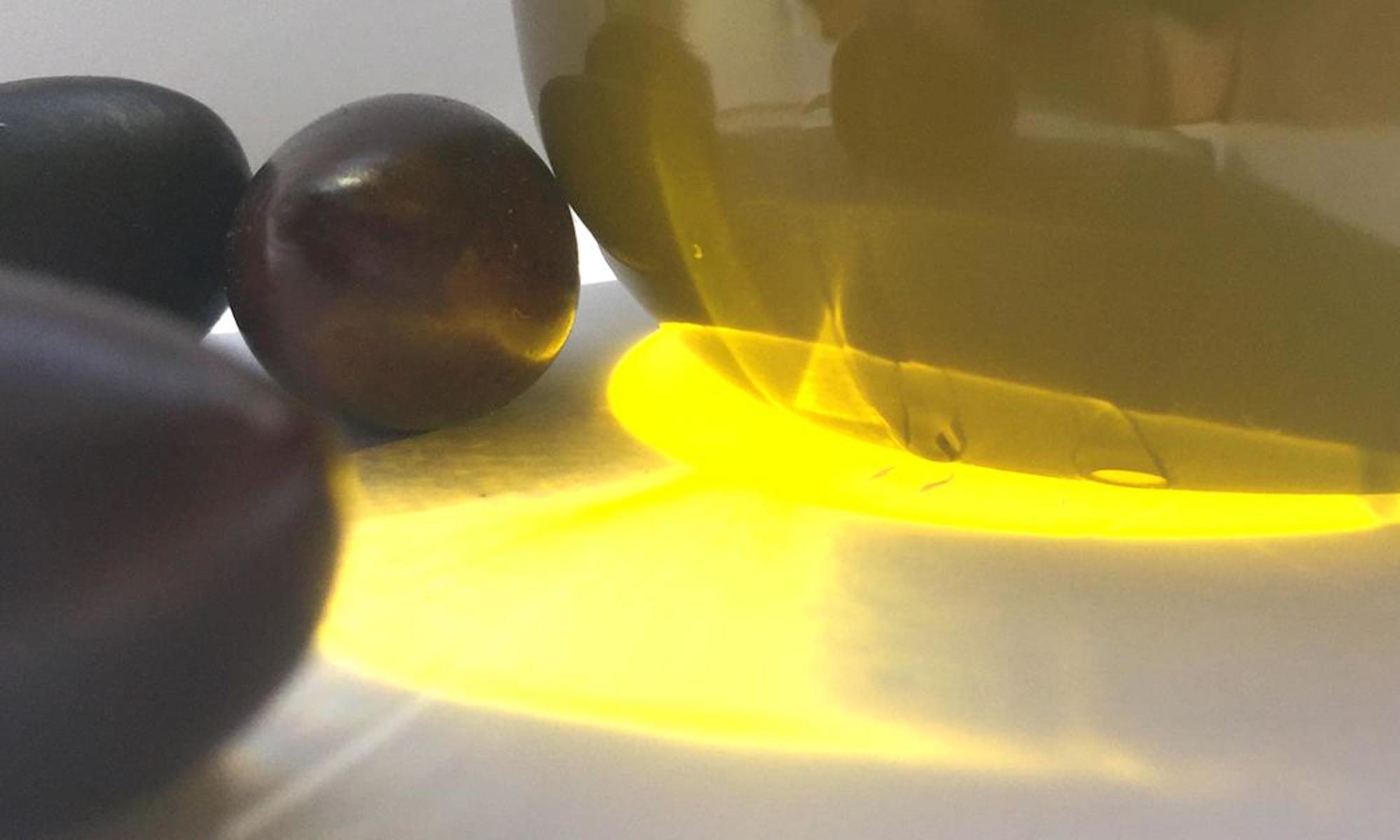When it comes to avoiding the chronic diseases associated with growing older, preventing inflammation is key, since inflammation underlies heart disease, cancer and Alzheimer’s, and is also linked with other health conditions such as rheumatoid arthritis, lupus, Lyme’s, IBD and psoriasis.
Eating plenty of anti-inflammatory foods not only helps to ward off illness but effectively slows the rate of ageing. Adding olive oil to dishes is an easy way to do it, with many studies showing that olive oil is a valuable anti-inflammatory functional food. 1-4
Extra-virgin olive oil is stuffed with dozens of anti-inflammatory compounds ready to pour their cooling balm on the little ‘fires’ of inflammation that can blaze in our bodies. These compounds reduce inflammatory molecules such as C-reactive protein (used by heart doctors as a measure of inflammation levels), thromboxanes and leukotrienes and also help moderate the arachidonic acid pathway in our bodies which can cause excess inflammation. 5 Star of the anti-inflammatory nutrients in olive oil is oleocanthal which works similarly to the NSAID drug ibuprofen and, although it is less powerful, does not bring the unwanted side-effects. 6
The type of olive oil you use is crucial, since the levels of bioactive polyphenols are significantly higher in extra-virgin olive oil obtained from the first pressing than in extra-virgin olive oil from later pressings, whilst benefits may be negligible with refined olive oil.
The effects of extra-virgin olive oil have been shown to be dose-dependent, but studies also indicate that just one or two tablespoonfuls daily can bring significant benefits. Heating olive oil, especially extra-virgin oil, is damaging, so drizzle the oil on after cooking, mix it into dips, or use it in salad dressings.
By writer and nutritionist Sally Beare
References
- Rosillo MA et al (2016). Dietary extra-virgin olive oil prevents inflammatory response and cartilage matrix degradation in murine collagen-induced arthritis. Eur J Nutr 55(1):315-25.
- Santangelo C et al (2018). Anti-inflammatory Activity of Extra Virgin Olive Oil Polyphenols: Which Role in the Prevention and Treatment of Immune-Mediated Inflammatory Diseases? Endocr Metab Immune Disord Drug Targets. 2018;18(1):36-50.
- Wongwarawipat T et al (2018). Olive Oil-related Anti-inflammatory Effects on Atherosclerosis: Potential Clinical Implications. Endocr Metab Immune Disord Drug Targets. 18(1):51-62.
- Priscilla Azambuja Lopes de Souza, Aline Marcadenti, and Vera Lúcia Portal (2017). Effects of Olive Oil Phenolic Compounds on Inflammation in the Prevention and Treatment of Coronary Artery Disease. Nutrients 9(10):1087.
- Moreno JJ et al (2001). Olive oil decreases both oxidative stress and the production of arachidonic acid metabolites by the prostaglandin G/H synthase pathway in rat macrophages. J Nutr. 131(8):2145-9.
- Parkinson, Lisa & Keast, Russell (2014). Oleocanthal, a Phenolic Derived from Virgin Olive Oil: A Review of the Beneficial Effects on Inflammatory Disease. Int J Mol Sci15(7):12323-12334.

